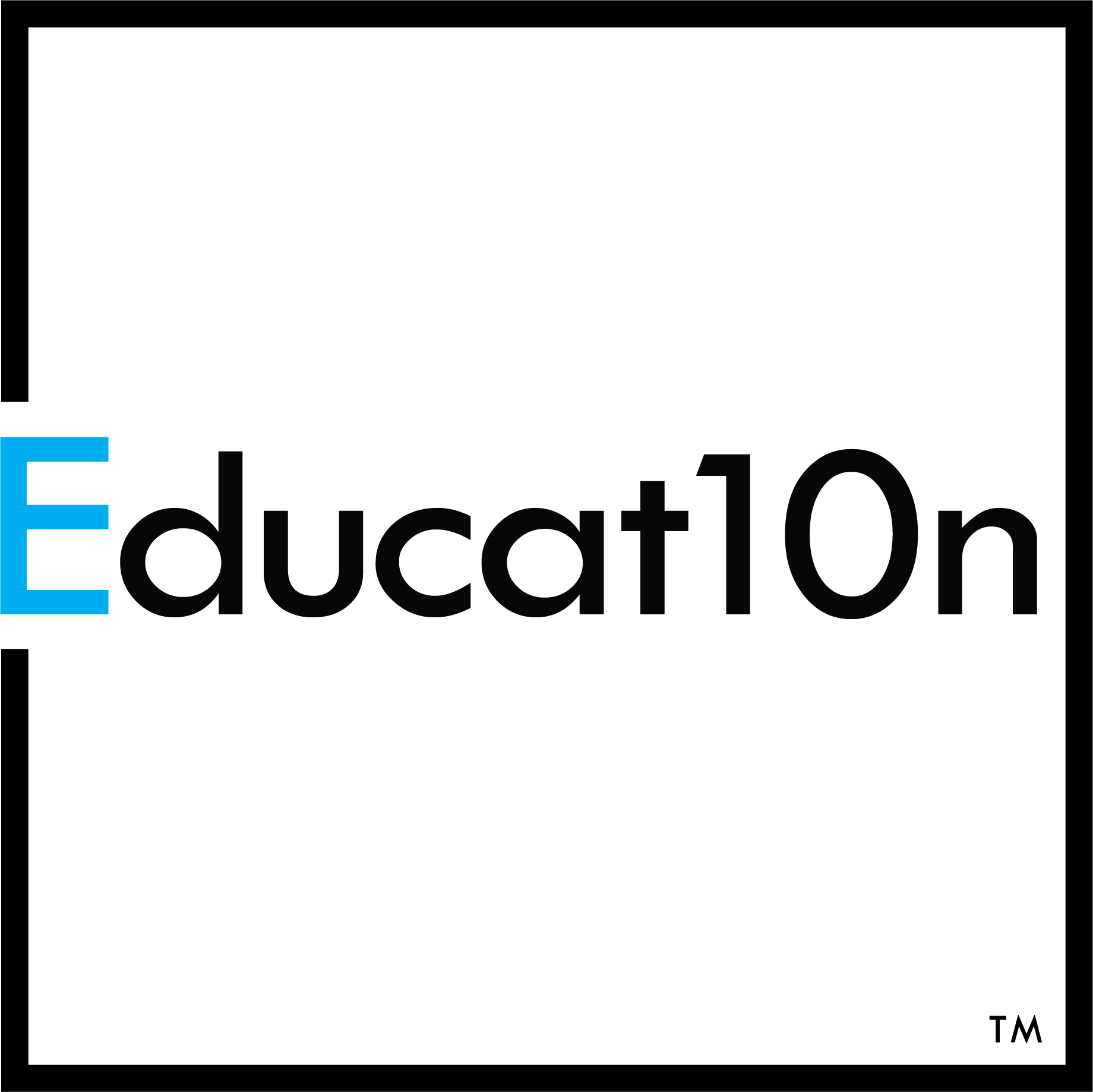Literacy & Languages
Language is the foundation for so many of the things that people do throughout their lives. It could be considered the single most important skill across society, as it influences learning and cognition in so many other areas. It is not only about acquiring a native or first language, but also developing communication skills and cognitive skills. By improving literacy it is possible to have a huge impact on the whole of society.
Our aim is not only to improve first language learning in young people, but also to make learning a second language more effective for people of all ages. The applications we are developing will also change the way that literature is consumed, whether it’s for work, study or leisure. Language is about much more than words on a page or screen. It relies upon a deep understanding of how sound, vision and meaning are connected. Applications and learning programs therefore need to take a multi-modal approach to language learning by combining audio, visual and interactive elements in a way that is enjoyable and engaging.
We have some ambitious targets in this area. Firstly, we aim to develop a teaching and learning method that achieves better results than any other exiting literacy program in the English language. This will require several years of development, testing and independent assessment in order to refine methods and establish its impact. Secondly, we aim to prove its effectiveness across various age groups, for all preferred learning styles and for people with special educational needs, such as learning disabilities. Thirdly, we want to gain public support for new method to be used as part of the UK national curriculums for young people in full-time education. Our aim is to establish it as the most effective literacy and language learning method internationally, and to improve the UK’s standing on international measures of educational attainment.
If we can achieve this then we will also develop these methods and apply them to second language learning for a range of other international languages. These applications will also be adapted to provide a new and effective way of consuming literature and language in all its forms, whether it is from a book, video, piece of music, or any other form of language. In theory, it could also be adapted as a tool for learning coding languages or musical notation.

